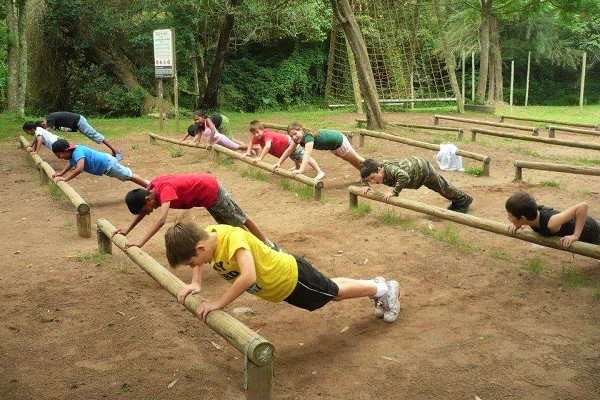Empowering youth – Why therapeutic approaches work better than boot camps?

When parents face challenging behaviours from their teenagers, finding the proper intervention becomes crucial. Many families search for solutions that provide structure while nurturing emotional growth. While traditional disciplinary methods have their place, modern research points toward more compassionate approaches that address underlying issues rather than symptoms.
Evolution of teen intervention programs
Teen intervention programs have transformed significantly over the past decades. Earlier models often relied heavily on strict discipline and physical challenges, assuming that rigorous structure alone could reshape behaviour. Adolescent psychology has shifted toward recognizing the importance of emotional support alongside boundaries.
Development specialists now emphasize that lasting behavioural change comes from building internal motivation rather than compliance based on fear. This fundamental insight has led to therapeutic programs that address the root causes of troubling behaviours instead of simply suppressing them.
Teenage development and rebellion
Adolescence represents a natural period of identity formation and boundary-testing. Much behaviour that parents find challenging mood swings, risk-taking, defiance reflect normal developmental processes as teens separate from their parents and form their own identities. Therapeutic approaches recognize this developmental context and work with these natural processes rather than against them. These programs channel teenage energy positively by acknowledging the legitimate need for autonomy and self-discovery.
Families considering a boot camp for teens often discover that therapeutic wilderness programs provide structure while respecting developmental needs. Unlike a teen boot camp in Phoenix that might rely primarily on discipline, wilderness therapy integrates outdoor challenges with clinical support, helping teens develop coping skills in natural settings.

Relationships vs enforcing compliance
The fundamental difference between therapeutic approaches and traditional boot camps is their view on relationships. Boot camps establish authority through power dynamics, while therapeutic programs build trust through authentic connections. Research consistently shows that positive relationships serve as the foundation for behavioural change. Many parents who initially researched a teen boot camp in Phoenix ultimately chose relationship-based alternatives after learning about their effectiveness. These programs train staff in behaviour management and create meaningful connections that model healthy relationships.
Skill development for lasting change
Another advantage of therapeutic approaches involves the explicit teaching of life skills. Rather than simply punishing unwanted behaviours, quality programs help teenagers develop emotional regulation, communication abilities, and problem-solving strategies. These practical skills translate directly to home and school environments, allowing teens to navigate challenges more effectively. Adolescents gain tools that serve them throughout life by learning to identify emotions, express needs appropriately, and resolve conflicts constructively.
Addressing underlying mental health needs
Many challenging teenage behaviours mask underlying mental health concerns. Anxiety, depression, trauma responses, and neurodevelopmental differences often manifest as defiance, withdrawal, or risky activities. Therapeutic programs include clinical assessment and appropriate interventions for these conditions. Licensed mental health professionals work alongside other staff to ensure that treatment plans address psychological needs as well as behavioural concerns.
Choosing the right program for your family
When evaluating options for troubled teens, parents should consider their child’s specific needs, program philosophy, staff qualifications, and evidence of effectiveness. The best-fit balances structure with nurturing support and challenging experiences with emotional safety.
While immediate behaviour change might seem appealing, lasting transformation requires addressing underlying issues. Programs that invest in therapeutic relationships, skill development, and family involvement create foundations for long-term success rather than temporary compliance. by choosing approaches that respect teenagers’ dignity while providing needed boundaries.











